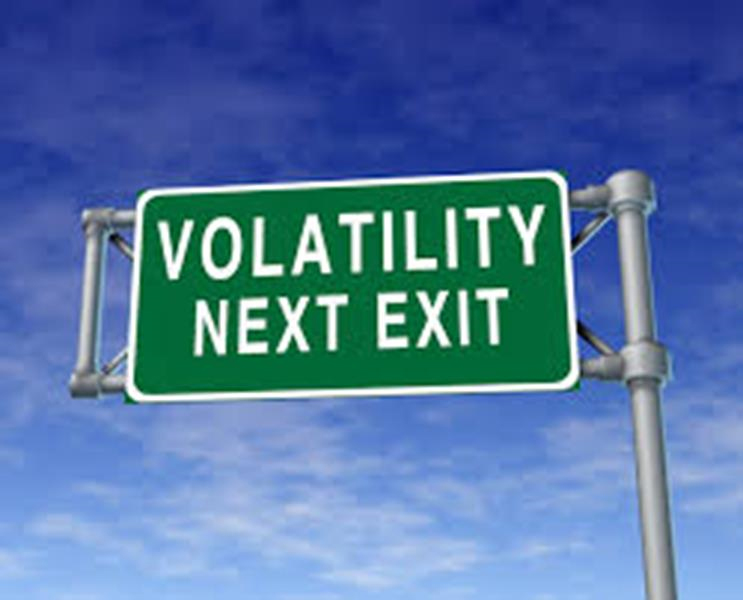The Role of Transaction Costs for Financial Volatility: Evidence from the Paris Bourse
Journal of the European Economic Association, Vol. 4(4) (2006), 862-890
The paper analyzes the causal linkage between transaction costs and financial volatility under two methodological improvements over the existing literature. First, we use panel data in which exogenous transaction cost differences in the French stock market are induced by price level dependent minimum price variation rules (tick size rules). Unlike in previous studies based on one-time regulatory tick size changes (like the U.S. decimalization), we can separately identify and control for market-wide volatility changes. Second, we avoid the pitfalls of biased volatility measurement across regimes by using the range as a tick size robust volatility metric. Panel regressions controlling for market-wide volatility effects show at high levels of statistical significance that the (log) range volatility of individual stocks increases by more than 20 percent for a 20 percent exogenous increase in transaction costs due to tick size variations in the French trading system. In the light of this evidence, higher transaction costs in general, and security transaction taxes in particular, should be considered as volatility increasing.



